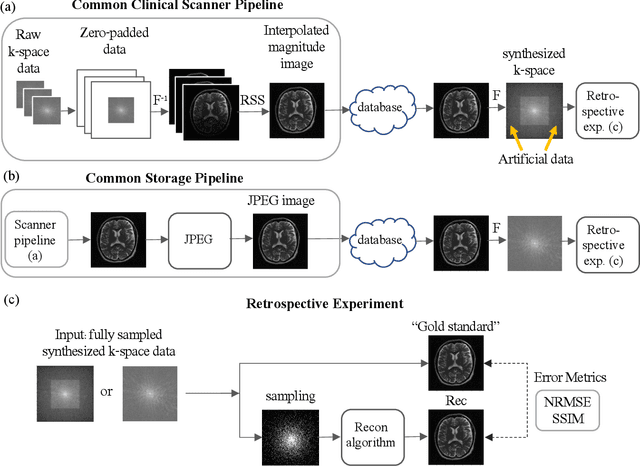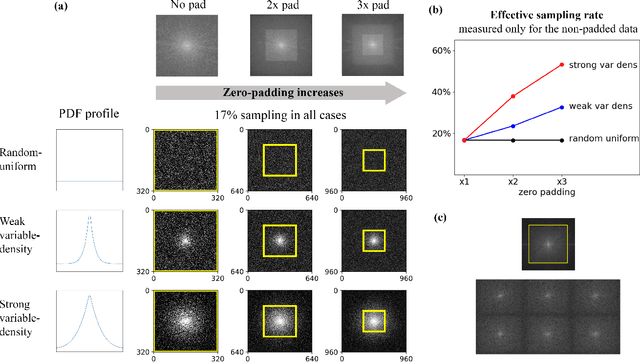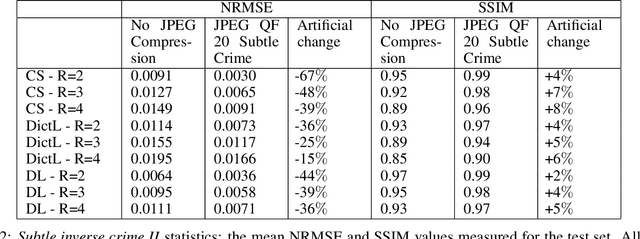Subtle Inverse Crimes: Naïvely training machine learning algorithms could lead to overly-optimistic results
Paper and Code
Sep 24, 2021



While open databases are an important resource in the Deep Learning (DL) era, they are sometimes used "off-label": data published for one task are used for training algorithms for a different one. This work aims to highlight that in some cases, this common practice may lead to biased, overly-optimistic results. We demonstrate this phenomenon for inverse problem solvers and show how their biased performance stems from hidden data preprocessing pipelines. We describe two preprocessing pipelines typical of open-access databases and study their effects on three well-established algorithms developed for Magnetic Resonance Imaging (MRI) reconstruction: Compressed Sensing (CS), Dictionary Learning (DictL), and DL. In this large-scale study we performed extensive computations. Our results demonstrate that the CS, DictL and DL algorithms yield systematically biased results when na\"ively trained on seemingly-appropriate data: the Normalized Root Mean Square Error (NRMSE) improves consistently with the preprocessing extent, showing an artificial increase of 25%-48% in some cases. Since this phenomenon is generally unknown, biased results are sometimes published as state-of-the-art; we refer to that as subtle inverse crimes. This work hence raises a red flag regarding na\"ive off-label usage of Big Data and reveals the vulnerability of modern inverse problem solvers to the resulting bias.
 Add to Chrome
Add to Chrome Add to Firefox
Add to Firefox Add to Edge
Add to Edge